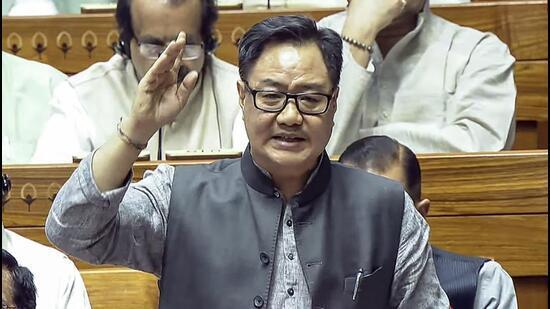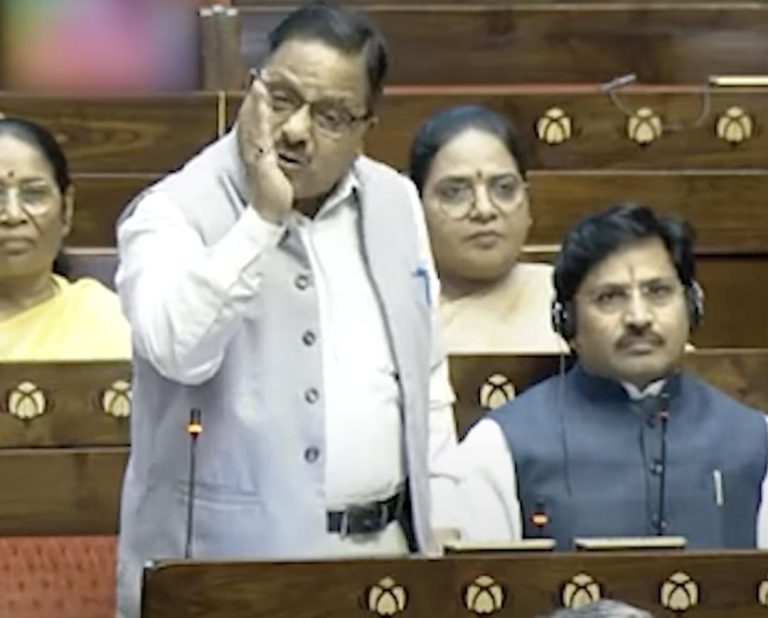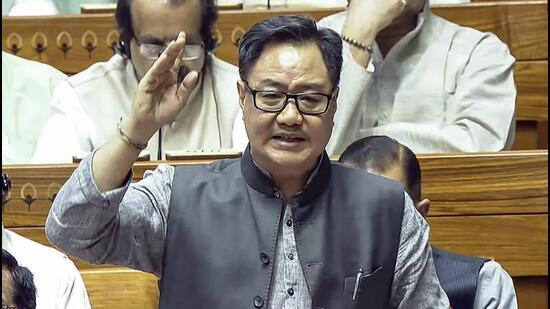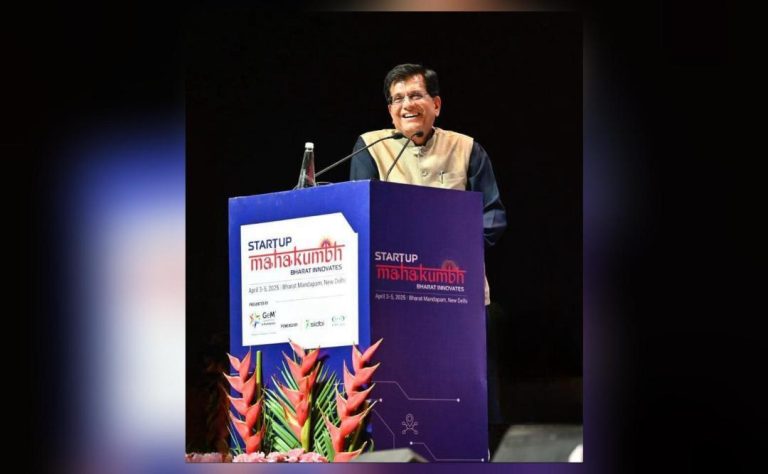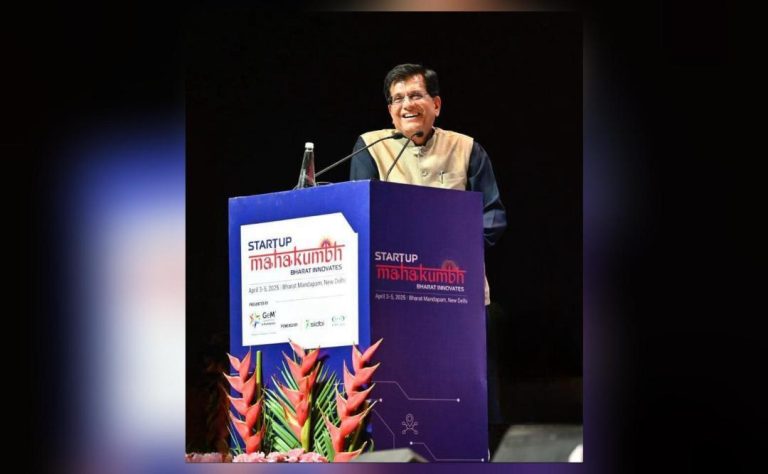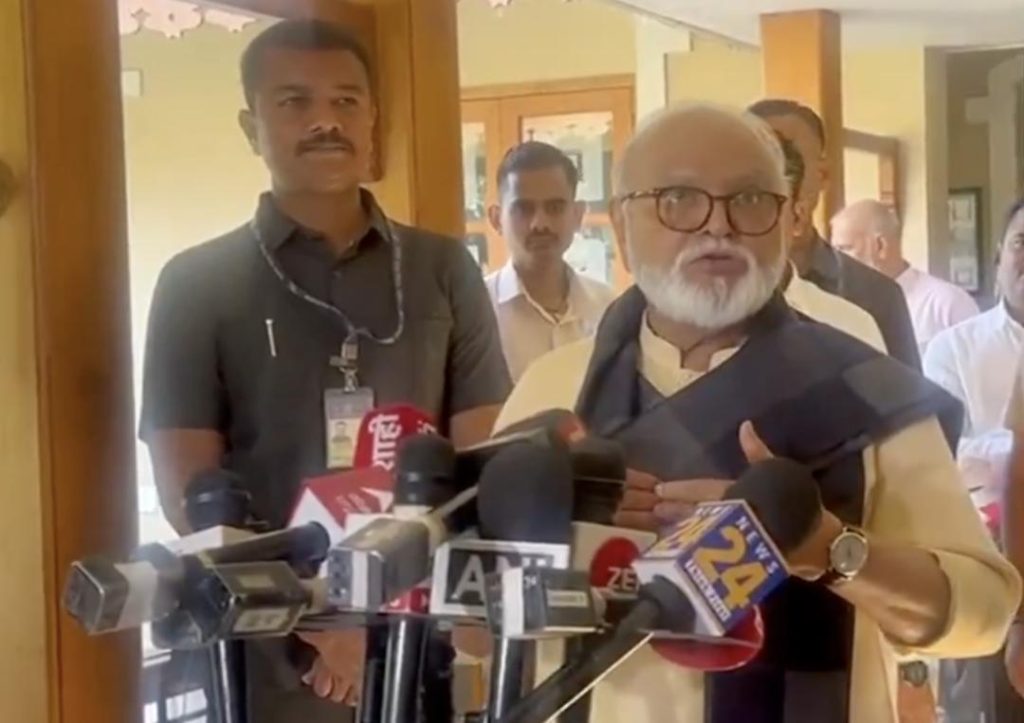
Title: If we can learn Hindi, others can learn Marathi too: Bhujbal on new rule
In a recent development, the Maharashtra government has made it mandatory for government offices to use the Marathi language. This new rule has sparked a mix of reactions from various quarters, with some hailing it as a step towards preserving the state’s cultural heritage, while others have expressed concerns about the feasibility of implementing such a rule. Amidst this debate, a prominent leader from the Nationalist Congress Party (NCP), Chhagan Bhujbal, has come out in support of the new order. In an interview, Bhujbal emphasized that if people can learn and speak Hindi, then others can also learn Marathi, terming it a “good language”.
Bhujbal’s remarks have raised important questions about language and its role in shaping our identities. In a country as linguistically diverse as India, where multiple languages coexist and often overlap, the use of a particular language can be a sensitive issue. The Maharashtra government’s decision to make Marathi the official language of government offices has been seen as a move to promote the state’s cultural identity and to recognize the language as an important part of its heritage.
However, Bhujbal’s comments have also sparked a debate about the feasibility of implementing such a rule. Critics have argued that the move may lead to difficulties in communication and may create barriers for those who are not proficient in Marathi. They have also pointed out that in a globalized world, where English is increasingly becoming the language of international communication, the emphasis on Marathi may be seen as a step backwards.
In response to these concerns, Bhujbal has emphasized that learning a new language is not a difficult task. He has pointed out that people from other states and countries can learn Marathi just as they can learn Hindi or any other language. Bhujbal has also stressed the importance of learning the local language while traveling or living in a new place.
“If we go to any state, then we should try to learn the language of that place,” Bhujbal said in an interview. “It’s not a difficult task. We can learn it. If we can learn and speak Hindi, then other people can also learn Marathi. It’s a good language.”
Bhujbal’s comments have also sparked a debate about the role of language in shaping our identities. Language is often seen as a key factor in shaping our sense of belonging and our connection to a particular community or culture. In India, where multiple languages coexist, the use of a particular language can be a sensitive issue.
The Maharashtra government’s decision to make Marathi the official language of government offices has been seen as a move to promote the state’s cultural identity and to recognize the language as an important part of its heritage. However, Bhujbal’s comments have also raised questions about the implications of such a move.
If people are expected to learn Marathi to communicate effectively in government offices, then what about those who are not proficient in the language? Will they be at a disadvantage or excluded from accessing government services? These are important questions that need to be addressed in the context of the new rule.
In conclusion, Bhujbal’s comments have sparked a debate about the role of language in shaping our identities and the feasibility of implementing the new rule. While the Maharashtra government’s decision to make Marathi the official language of government offices has been seen as a step towards preserving the state’s cultural heritage, Bhujbal’s remarks have also raised important questions about the implications of such a move.
As we navigate this complex debate, it is essential to recognize the importance of language in shaping our identities and our connections to the world around us. Whether we are learning a new language or communicating in a language that is familiar to us, the use of language is an essential part of our daily lives.
